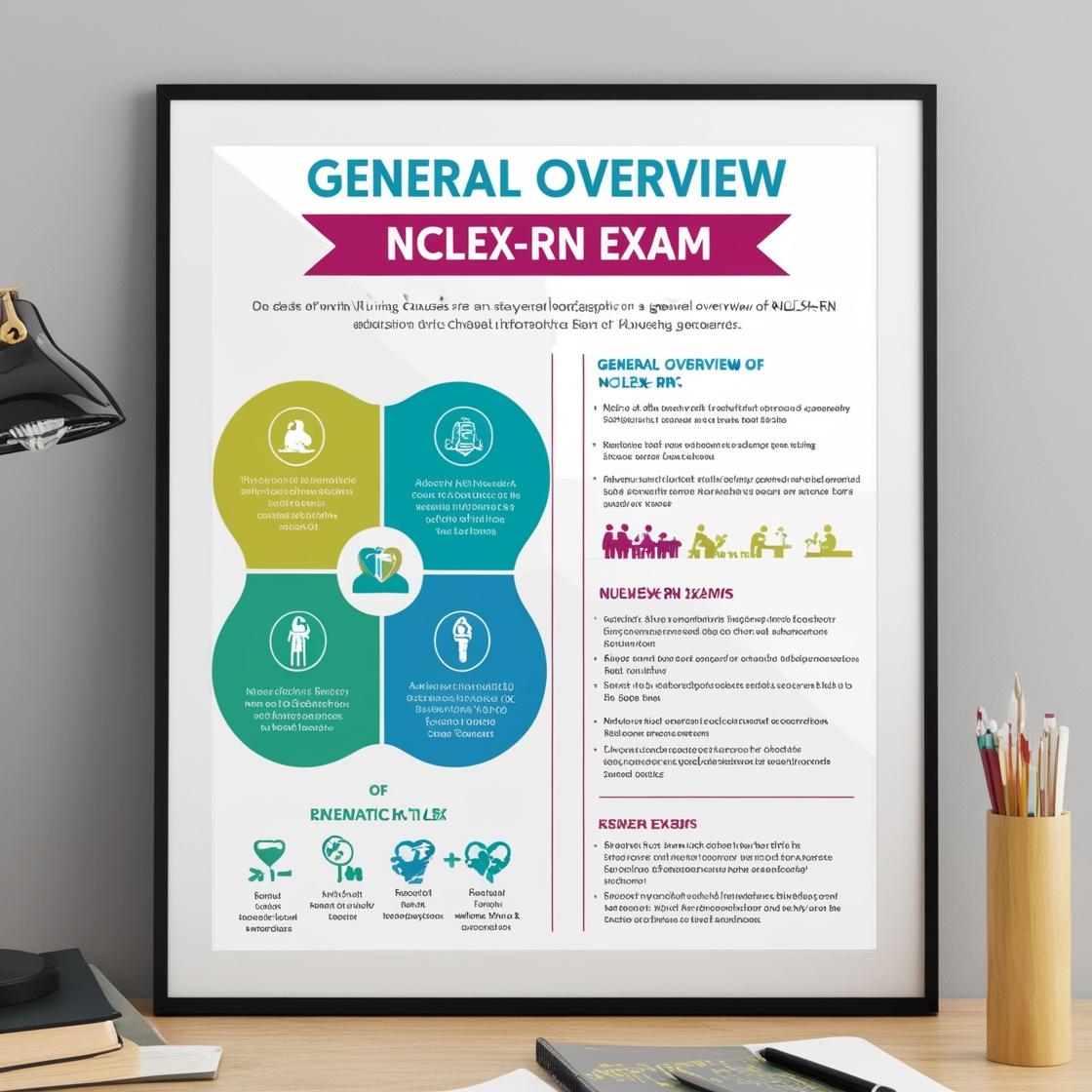NCLEX-RN
NCLEX RN Predictor Exam
1. The functional health pattern assessment data states: 'Eats three meals a day and is of normal weight for height.' The nurse should draw which of the following conclusions about this data? Select all that apply.
- A. Client has an actual health problem
- B. Client has a wellness diagnosis
- C. Collaborative health problem needs to be written
- D. Possible nursing diagnosis exists
Correct answer: B
Rationale: The assessment data provided indicates a healthy pattern of nutrition and a normal weight for height, suggesting a positive health status. This aligns with a wellness diagnosis, such as 'Potential for enhanced nutrition,' which focuses on improving health further. An actual health problem refers to a current health issue present in the client, which is not evident in this data. Collaborative health problems involve interprofessional collaboration and are not indicated based on the information provided. While a diet assessment may be needed to evaluate food quality, the initial data suggests a wellness-focused approach to care.
2. A patient's urine specimen tested positive for bilirubin. Which of the following is most true?
- A. The patient should be evaluated for kidney disease
- B. The specimen was probably left at room temperature for more than two hours
- C. The specimen is positive for bacteria
- D. The specimen should be stored in an area protected from light
Correct answer: D
Rationale: Bilirubin is easily broken down by light, so all samples testing positive for bilirubin should be protected from light exposure. Storing the specimen in an area protected from light helps maintain the integrity of the bilirubin levels for accurate testing. Choice A is incorrect because the presence of bilirubin in urine does not necessarily indicate kidney disease. Choice B is incorrect as the exposure to light, not room temperature, affects bilirubin levels. Choice C is incorrect as the presence of bilirubin does not indicate the presence of bacteria in the specimen.
3. A healthcare professional is asked to draw blood in the antecubital (AC) space. Which of the following veins are found in the AC?
- A. Cephalic
- B. Median cubital
- C. Basilic
- D. All of the above
Correct answer: D
Rationale: The correct answer is 'All of the above.' All three of these veins - the cephalic, median cubital, and basilic veins - are located in the antecubital space, which is the area in front of the elbow on the arm. The cephalic vein runs along the outer side of the arm, the basilic vein runs along the inner side of the arm, and the median cubital vein is a connecting vein between the cephalic and basilic veins. Therefore, all three veins can be accessed when drawing blood from the antecubital space. Choices A, B, and C are incorrect because each of these veins individually can be found in the antecubital space.
4. Which of the following descriptors is most appropriate to use when stating the 'problem' part of a nursing diagnosis?
- A. Grimacing
- B. Anxiety
- C. Oxygenation saturation 93%
- D. Output 500 mL in 8 hours
Correct answer: B
Rationale: The problem part of a nursing diagnosis in the context of nursing care plans should focus on the client's response to a life process, event, or stressor. This response is what is used to identify the nursing diagnosis. 'Anxiety' is the most appropriate descriptor for the problem part of a nursing diagnosis as it reflects a psychological response that can be addressed by nursing interventions. 'Grimacing' is a physical manifestation and not the problem itself. 'Oxygenation saturation 93%' and 'Output 500 mL in 8 hours' are data points or cues that a nurse would use to formulate the nursing diagnostic statement, not the actual problem being addressed.
5. When teaching a patient to use the three-point gait technique of crutch use:
- A. The injured leg moves ahead at the same time as both crutches.
- B. One crutch moves at a time and is then followed by the injured leg.
- C. Both crutches move ahead at the same time followed by both legs at the same time.
- D. None of the above are correct.
Correct answer: A
Rationale: The correct technique for a three-point gait involves the injured leg moving simultaneously with both crutches, followed by the uninjured leg. This gait pattern is utilized when the patient is unable to bear full weight on one of their legs. Choice A accurately describes the appropriate sequence of movements for the three-point gait technique. Choices B and C do not accurately reflect the correct pattern of movement during the three-point gait technique, making them incorrect. Choice D is incorrect as there is a correct option among the choices provided.
Similar Questions

Access More Features
NCLEX RN Basic
$69.99/ 30 days
- 5,000 Questions with answers
- Comprehensive NCLEX coverage
- 30 days access @ $69.99
NCLEX RN Premium
$149.99/ 90 days
- 5,000 Questions with answers
- Comprehensive NCLEX coverage
- 30 days access @ $149.99
